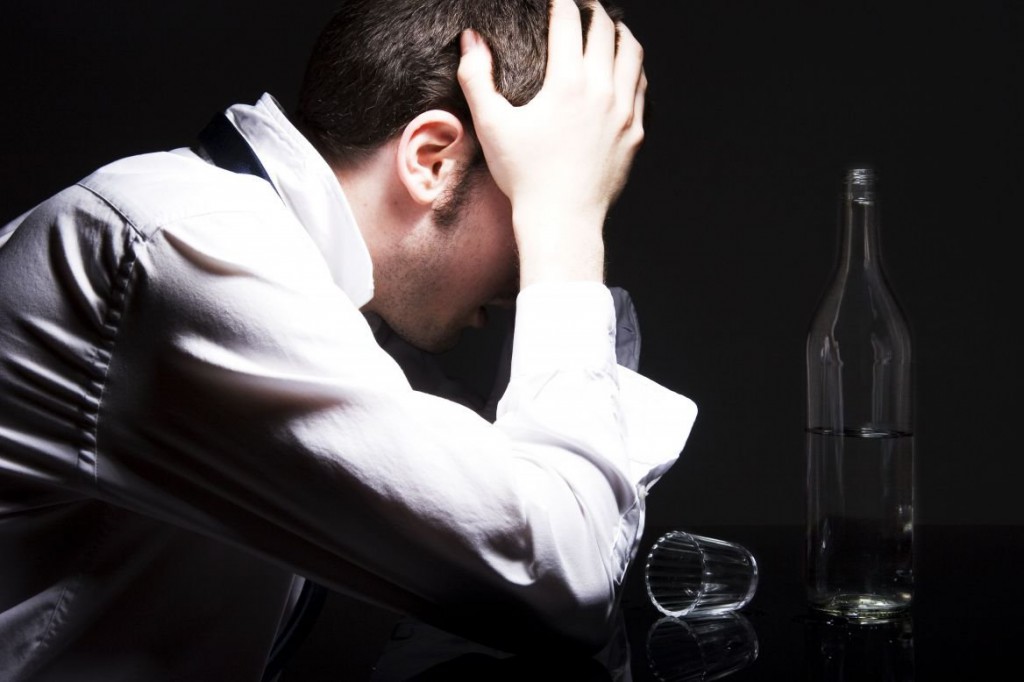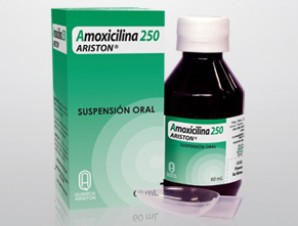Canadian Health&Care Mall Experts Explain: Can Patients Drink Alcohol While Taking Amoxicillin
The expected reply normally depends on the origin of the antibiotic which a sufferer is taking. It is proven that alcohol doesn’t influence the effectiveness of a greater part of meds, yet it can lead to some adverse body reactions that require immediate medical assistance (flushing or headache, nausea or vomiting, etc.). As for today, Canadian Health and Care Mall experts define two types of antibiotics that shouldn’t be combined with any alcoholic drinks:
If one is offered any of the mentioned medications, he must ask more questions about expected interaction with other drugs as well as alcohol. A healthcare provider or pharmacist will surely give proper answers.
What Antibiotic Types Can Be Affected by Alcohol?

These are widely-used antibiotics which are prescribed for treating different infection types, including:
- stomach infections;
- gut infections;
- vaginal infections;
- pressure ulcers;
- leg ulcers (infected);
- dental infections.
Collaterally with the above-mentioned list, there are also some meds that lead to reverse responses when consumed with alcohol. They are linezolid and co-trimoxazole. The 1st one is treated as the type of rarely suggested antibiotics that are intended for dealing with the most serious infections in cases, when plain pills are of no use. The 2nd ones are working for bacterial infections averting and treatment, as that of whooping cough.
What Are Potential Side Effects?
There are not many of them. However, their greater part is very serious and can turn into severe complications, if not properly treated. Canadian Health&Care Mall experts define top five potential negative reactions of antibiotics:
- sleepiness;
- dizziness;
- nausea;
- diarrhea;
- lightheadedness.
If a patient takes too much ardent drinks while taking antibiotics, the fusion of this kind leads to diverse digestive issues, including upset stomach. At the same time he/she will feel tired and depressed. In most cases the named symptoms are rather serious, though the severity level always hinges on the origin of antibiotics. For example, furazolidone along with trimethoprim-sulfamethoxazole antibiotics leads to more severe health complications.
How to understand that a patient is about to suffer from any negative reaction? The very 1st symptoms of possible aftereffects are: headaches, racing heart or flushing. Normally, a doctor warns his patients about possible negative body reactions before he/she experiences any. If these reactions occur even if a patient doesn’t drink, there’s a chance that taking other drugs will cause fewer negative issues.
If you have ignored professional prescriptions and suggestions, combined pills with strong drinks, please address medical help immediately. When timely stopped, side effects never develop or affect the user’s body. There’s always a chance to prevent complications, whenever first signs occur.
Should You Avoid the Alcohol-Amoxicillin Combination?

Yes, you should. Canadian Health&Care Mall Pharmacy experts agree that there aren’t harsh interactions and negative issues to get worried about. All the same, there are vivid reasons why one must refuse taking strong beverages while on Amoxicillin.
When there is a dangerous body infection, doctors normally offer Amoxicillin to deal with it. And while giving a prescription, a doctor will recommend avoiding drinking potent drinks when administering it as the body will require enough time to heal. It’ll need time to allow the treatment properties to start working. When taking Amoxicillin, one should have enough rest, drink more useful fluids, concentrate on the treatment process rather than consumption of potent drinks.
It is a known fact that alcohol alone cannot decrease Amoxicillin efficiency or lead to adverse body reactions that require special care and treatment. For all that, there are a few other reasons why doctors ask to say ‘no’ to alcoholic drinks:
- alcohol works reducing one’s energy thus delaying proper cure. This is why it is of top significance to avoid consuming spirituous liquors, while on Amoxicillin;
- Amoxicillin and alcohol cause identical adverse body reactions (drowsiness, dizziness, stomach upset), so when consumed together, they trigger severe side effects and potential health issues;
- it is unwise to consume much alcohol, if you are suffering from any kind of serious bacterial infections;
- in case you take any other serious meds aside from Amoxicillin, various spirits can lead to health complications that are regarded as undesired;
- if you suffer any other serious disease, avoid drinking alcohol drinks as well.
When one cannot cut down the consumption completely, it can be limited for time.
Get more info more about amoxicillin: http://www.mycanadianpharmacyrx.com/amoxicillin-and-its-pros-and-cons.html
When Combining Alcohol and Amoxicillin Is Safe?
Our experts are sure that there are definite occasions when patients can forget about avoiding drinking alcohol while taking Amoxicillin. Such events are always predetermined by a reliable medical professional. The decision is normally based on:
- patient’s current health condition;
- his medical history;
- the treatment plan or therapeutic course.
The made decision on the use of spirituous liquors along with antibiotics will be shared and the provided reason will be wise and well-discussed.
Nevertheless, there’s nothing much to get worried about: the usual Amoxicillin treatment course lasts for about 7-10 days. In case of other antibiotics it may take up to 14 days. This is a comparatively short period during which you always can refuse from your typical habits to cure the infection and fight the disease.
Article by Canadian Health&Care Mall Group: https://www.canadianhealthmall.com


